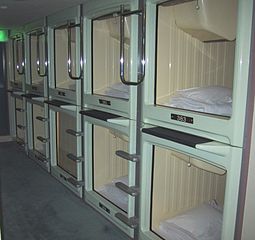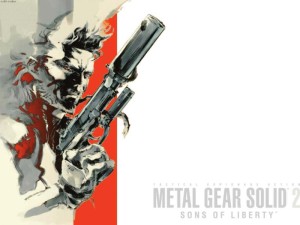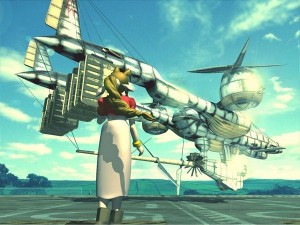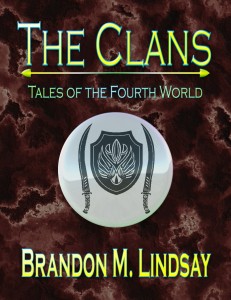
When I moved to Tokyo late last year, I expected some things in my life were going to change.
Among the more obvious changes were the fact that I would look vastly different from everyone else, sometimes enough to warrant a long, uncomfortable stare, as well as being functionally illiterate. Then of course there was the living situation, the job, the food, the language, the lack of a car, the weather, the… well, pretty much everything.
One thing I thought wouldn’t change, however, was me. Particularly, my writing habits.
Yet after I had gotten settled in to my new life, I found that it was difficult to write. Part of this could be attributed to the change in job. For the past several years, I had worked in a call center, where the word “downtime” usually meant “do whatever you want as long as you stay at your desk.” For me, that meant a lot of reading (and thus inspiration to write) and, when I discovered the power of cloud storage, writing. My new job is rather different. I’m not sitting at a desk anymore, and there is never downtime, especially not the kind that I had before. But I had worked jobs like this in the past and still found the will to write quite easily. I figured it had to be something else.
Tokyo has a reputation for being crowded and cramped, and I suppose in a lot of ways it is. The word “megacity” conjures images of fantastically high skyscrapers clustered together from horizon to horizon, a la Judge Dredd. But Tokyo is pretty normal, especially in the more suburban areas. My apartment isn’t huge by any standard, and I have to get really creative with how I use the space in my kitchen, but I’ve seen smaller apartments in Seattle. Size wasn’t really the issue, but I figured that the root of my problem lay somewhere in my living space.
My apartment came furnished, but by more or less Japanese standards. There was no bed, only a futon (one very different from those you see at Ikea, no doubt) for sleeping on the floor. And there was a couch, a TV stand, and what I thought was a coffee table, but actually turned out to be a coffee table with a heater built into the bottom. This glorious invention, called a kotatsu, keeps your legs warm throughout the winter without blowing up your electricity bill. Provided, however, you are okay with sitting on the floor.
It turns that I wasn’t. I’ve enjoyed western comforts, such as chairs and desks, for most of my life. Sitting on the floor did not feel natural to me, and took a lot of adjusting. I mean, a lot. No, really, a lot (what I’m saying is I never fully adjusted). I thought I would tough it out and learn to adapt to my situation, as one should after moving halfway around the world, but eventually I said, “To hell with this.” And bought myself a desk/chair combo.
What a difference that has made. I immediately began cranking out chapters and outlines and ideas like I was still sitting in that call center, patiently waiting for some irrational customer to complain about the bill they never paid.
You may find yourself asking, “Why didn’t you just get a desk to begin with?” First of all, taking furniture on the train always involves logistical challenges, as well as the occasional dirty look. But more importantly, I didn’t realize how much of an effect my environment would have on my writing until I actually saw the difference in output.
If you ever find yourself suffering from writer’s block and having difficulty getting in the zone, it may not be you that’s the cause. It could be your writing space. After all, your butt is only half of the butt-in-chair equation.





